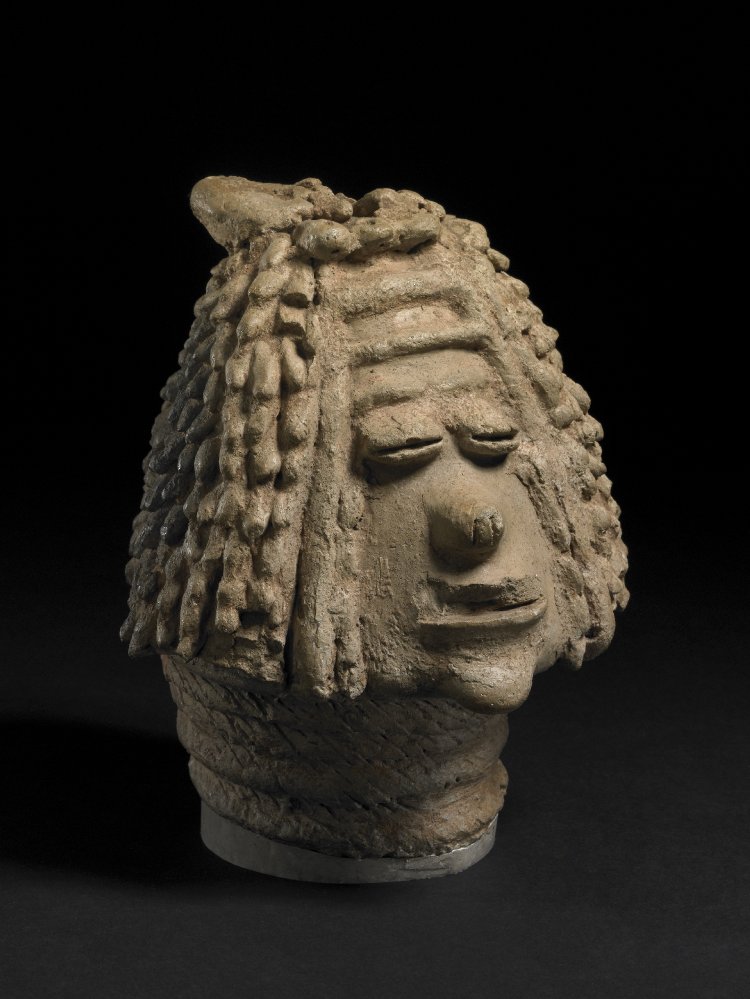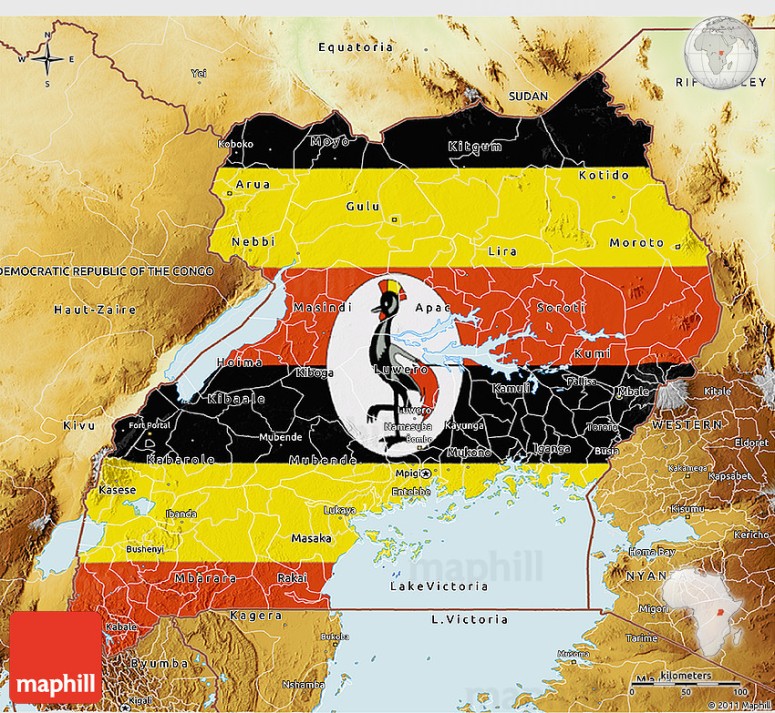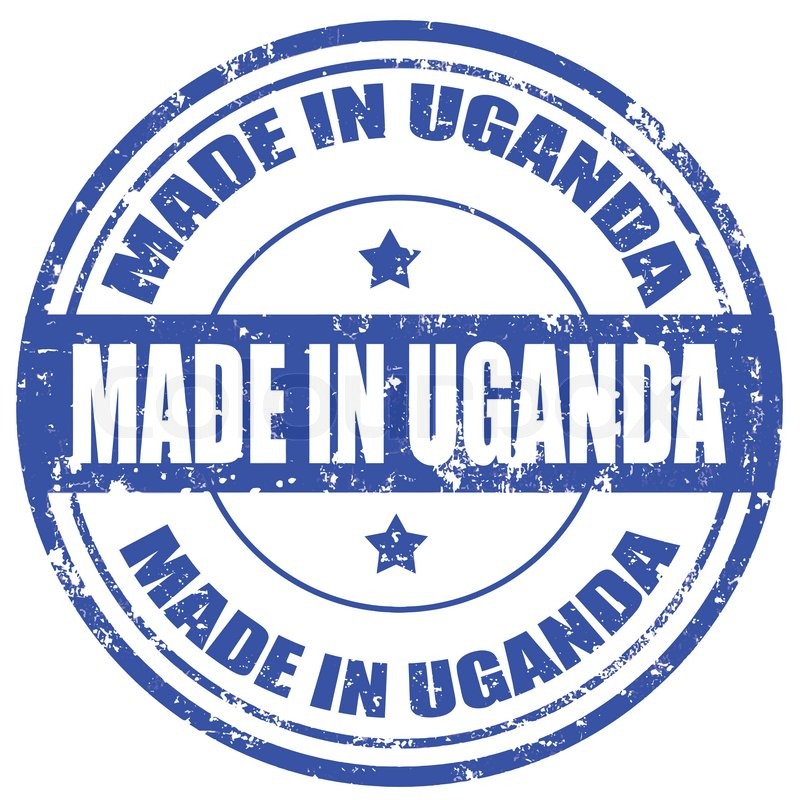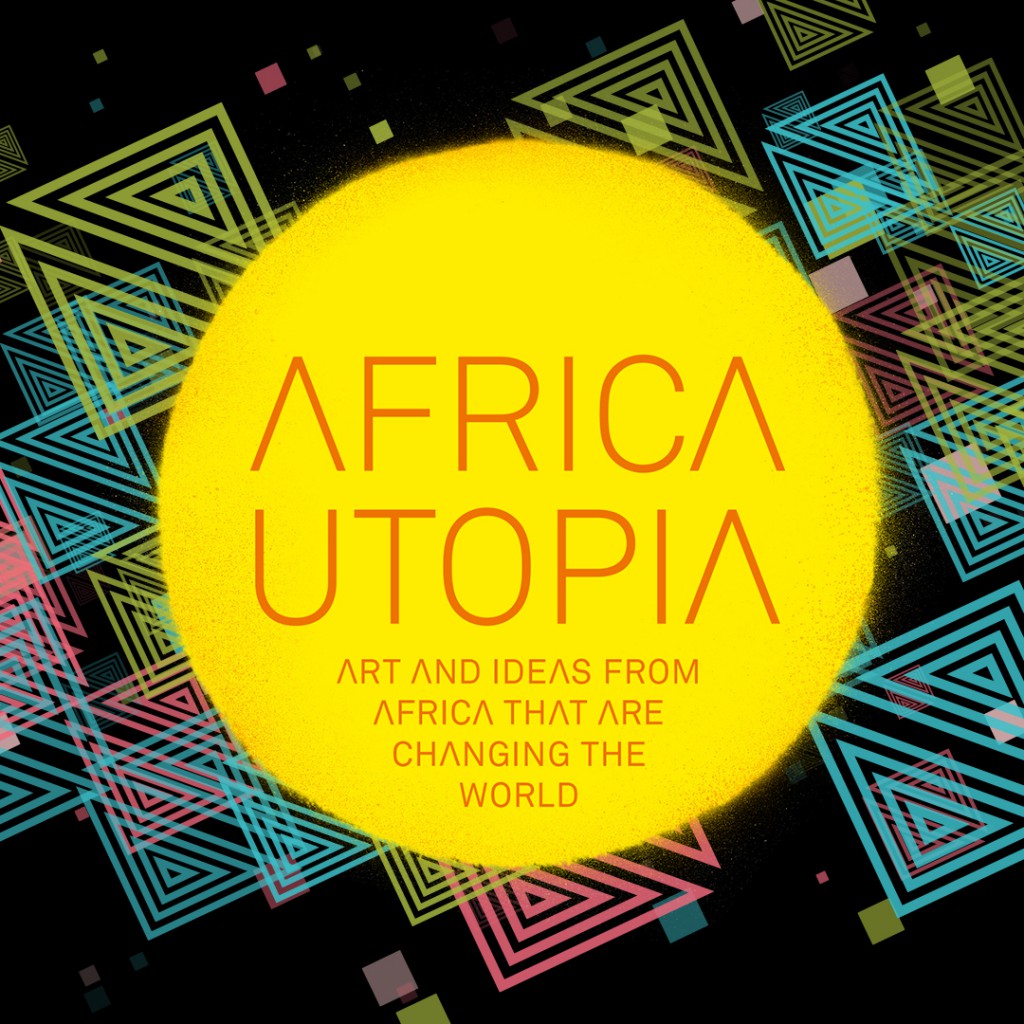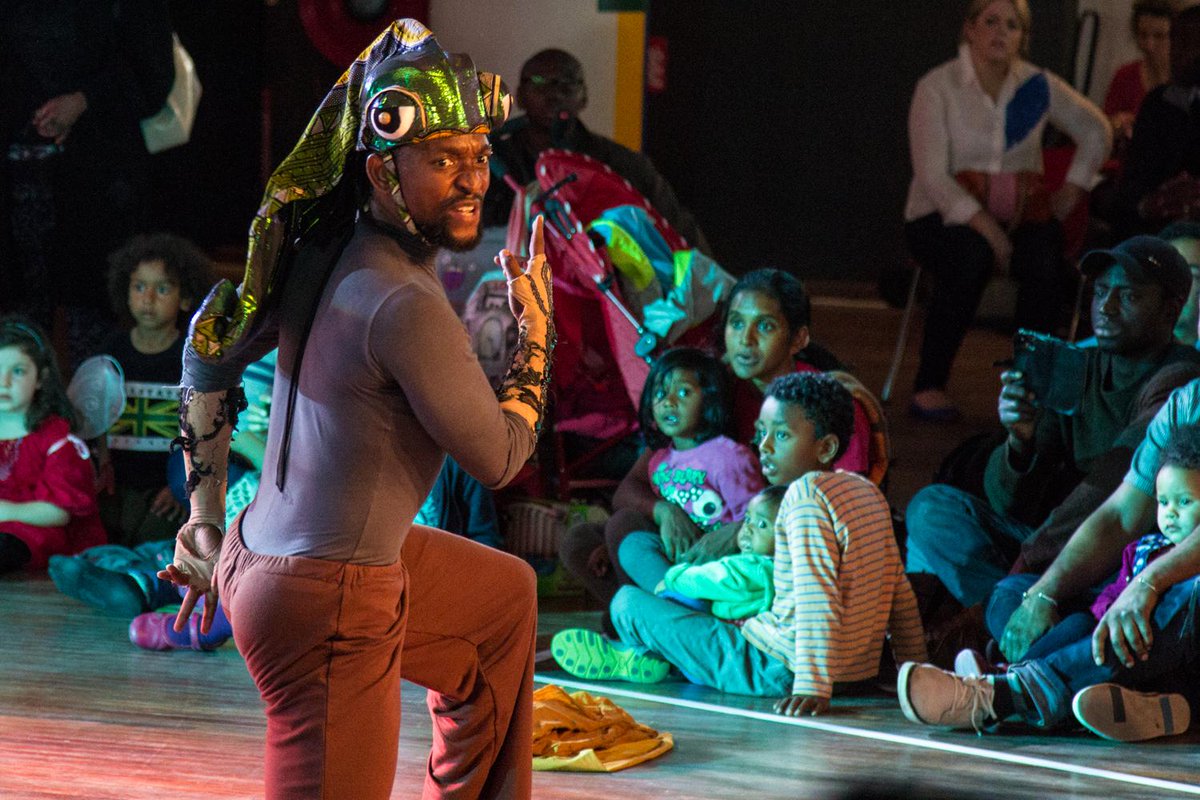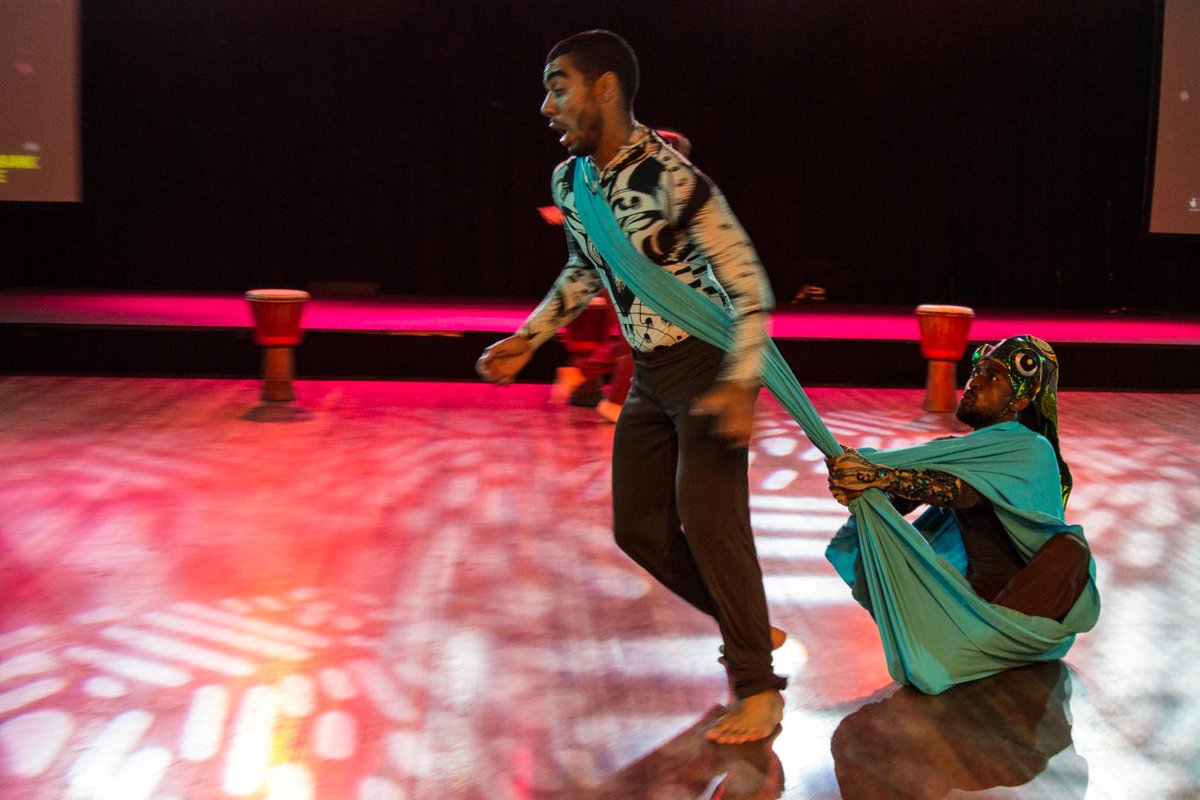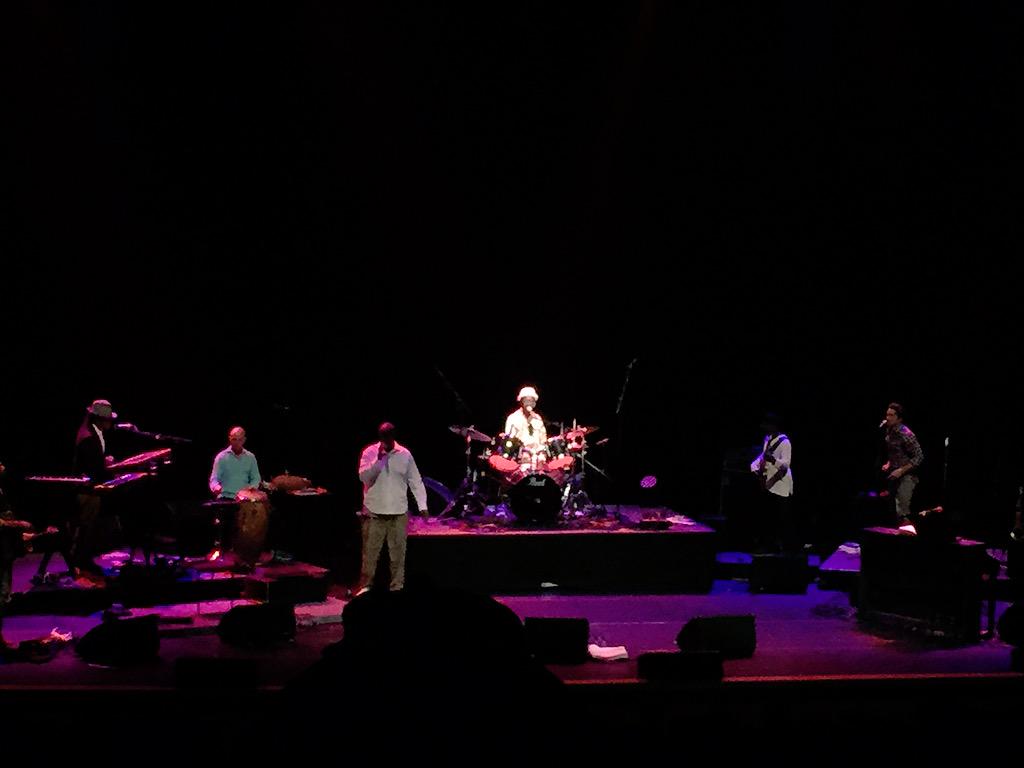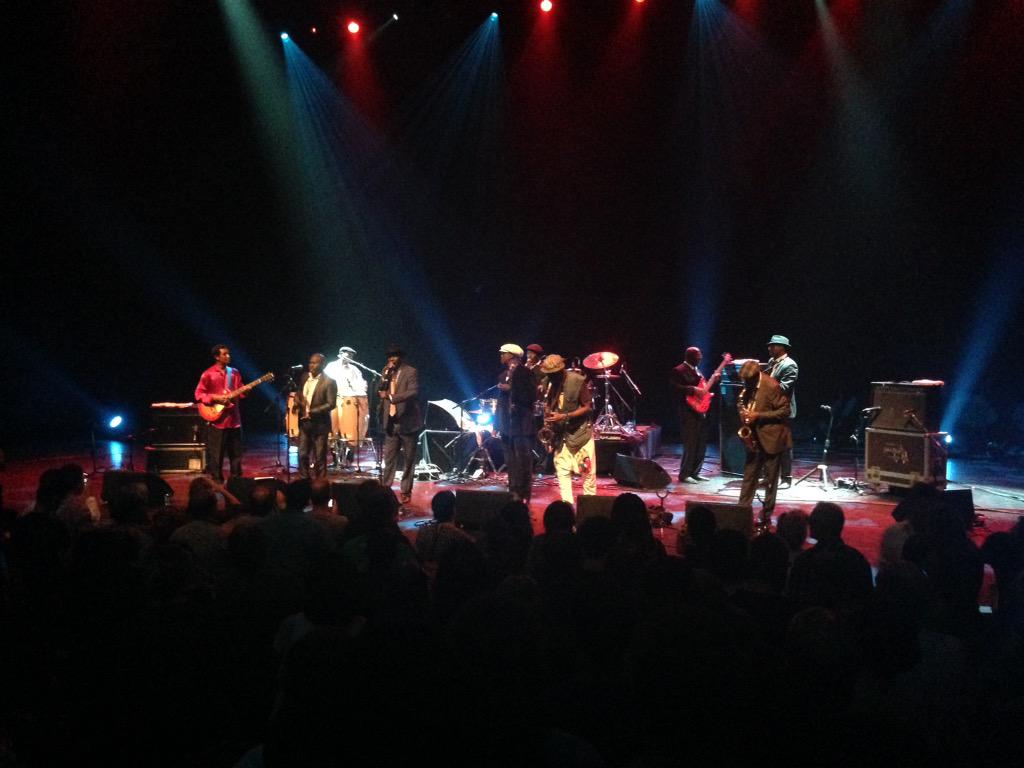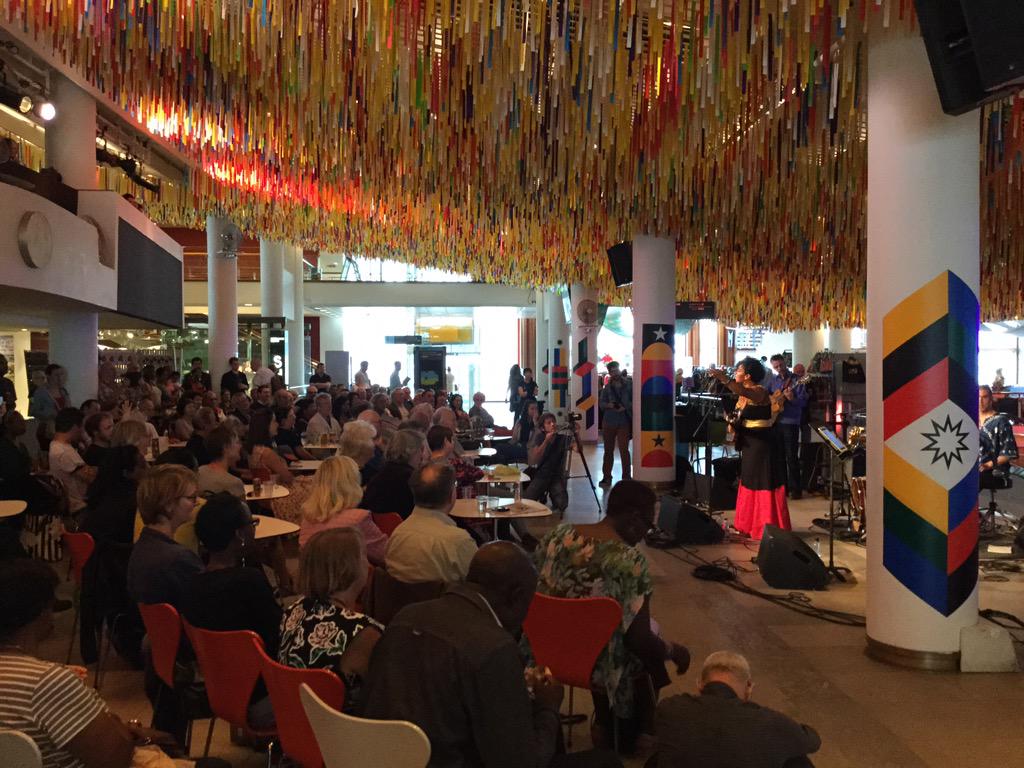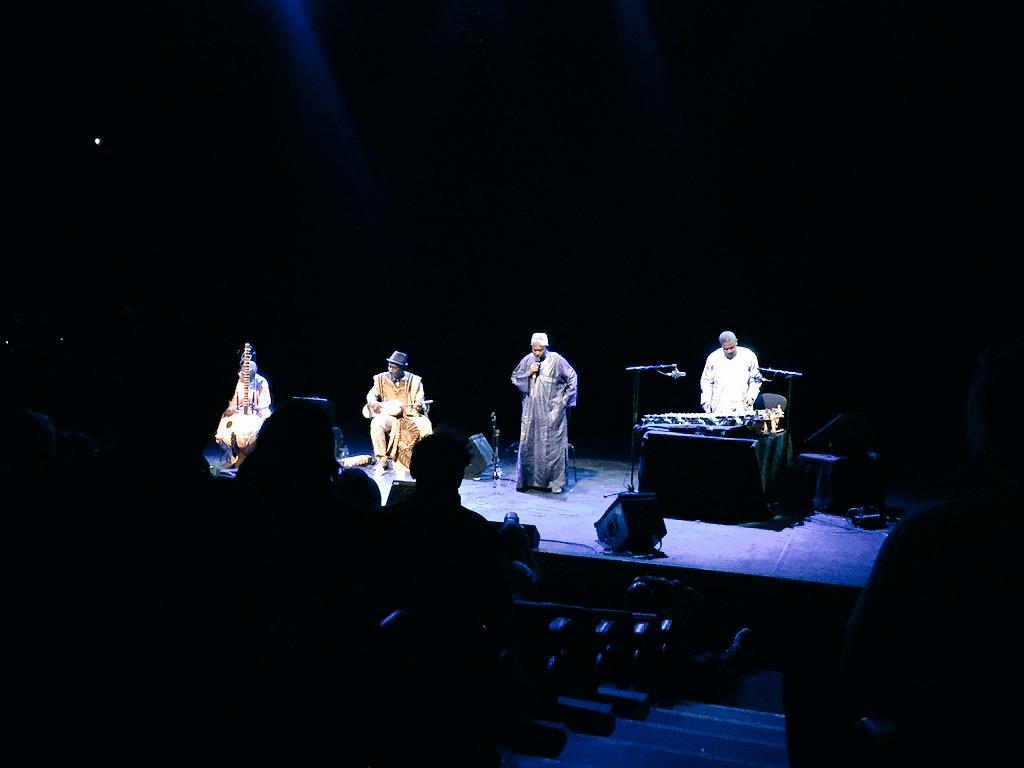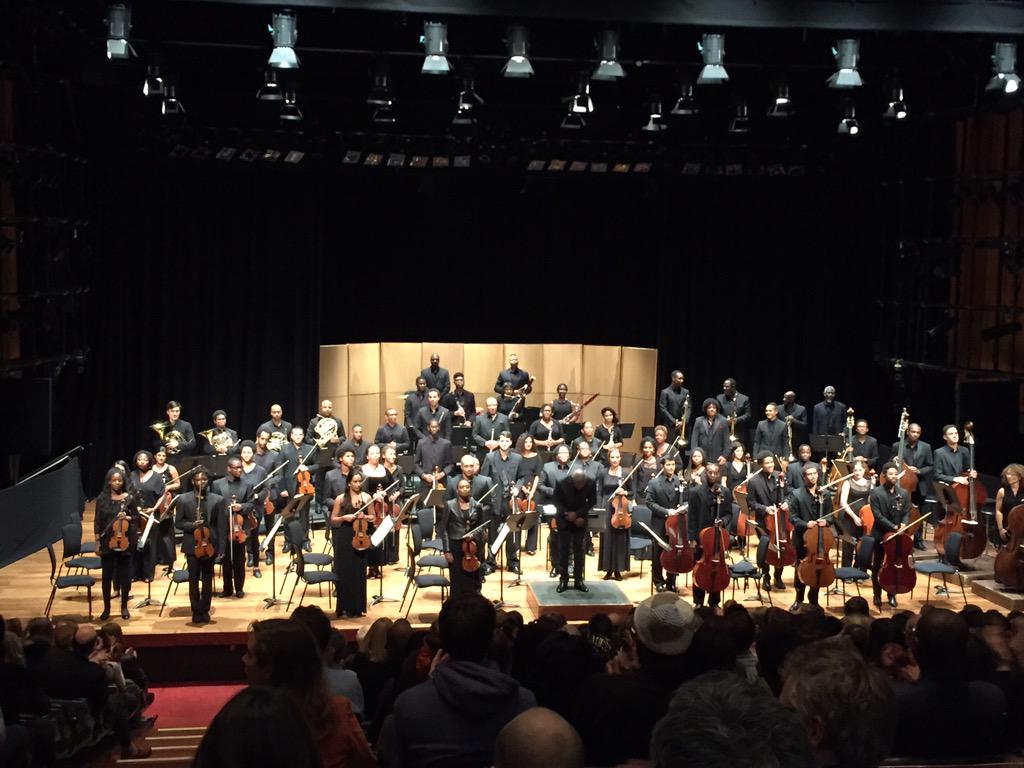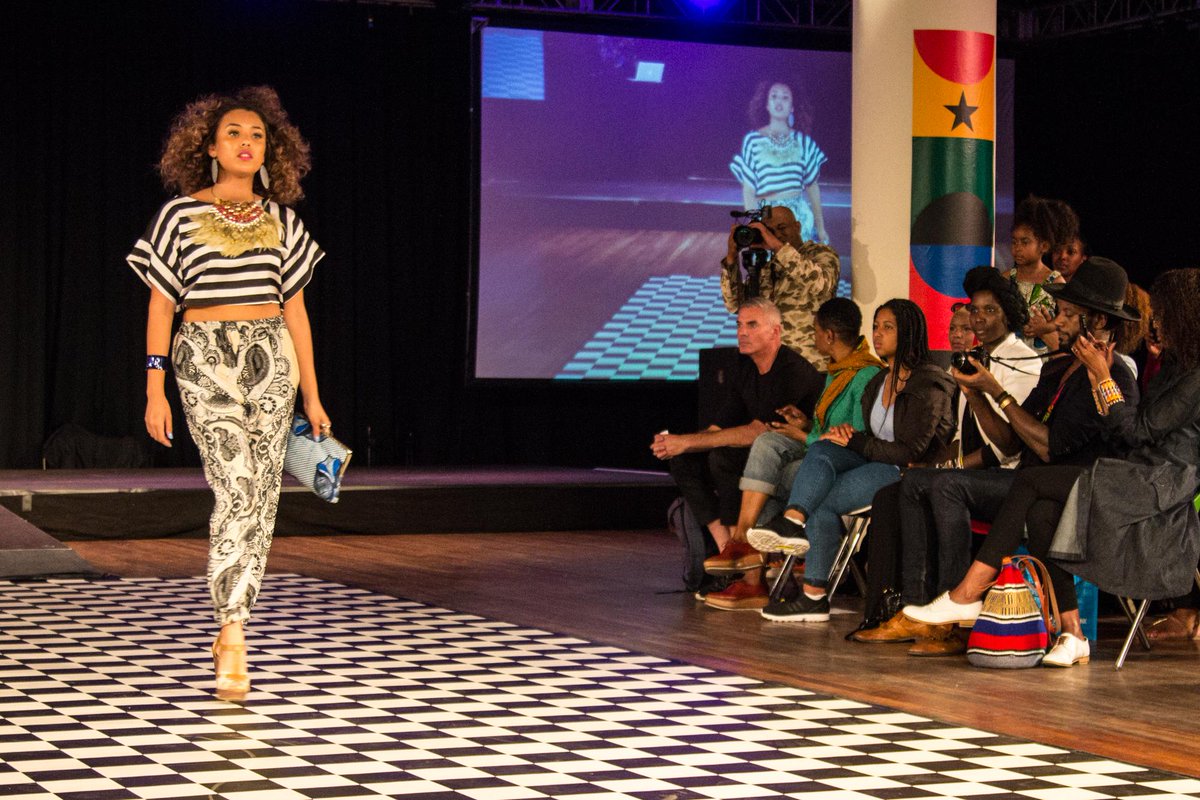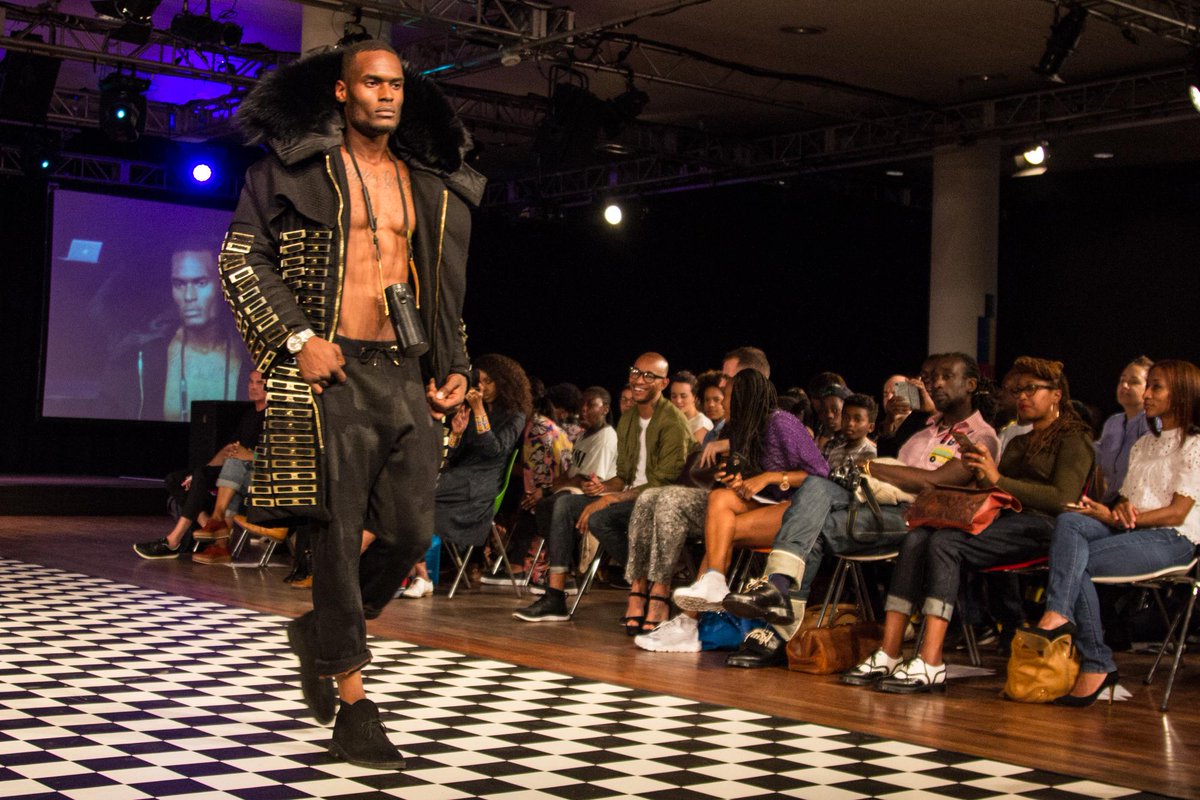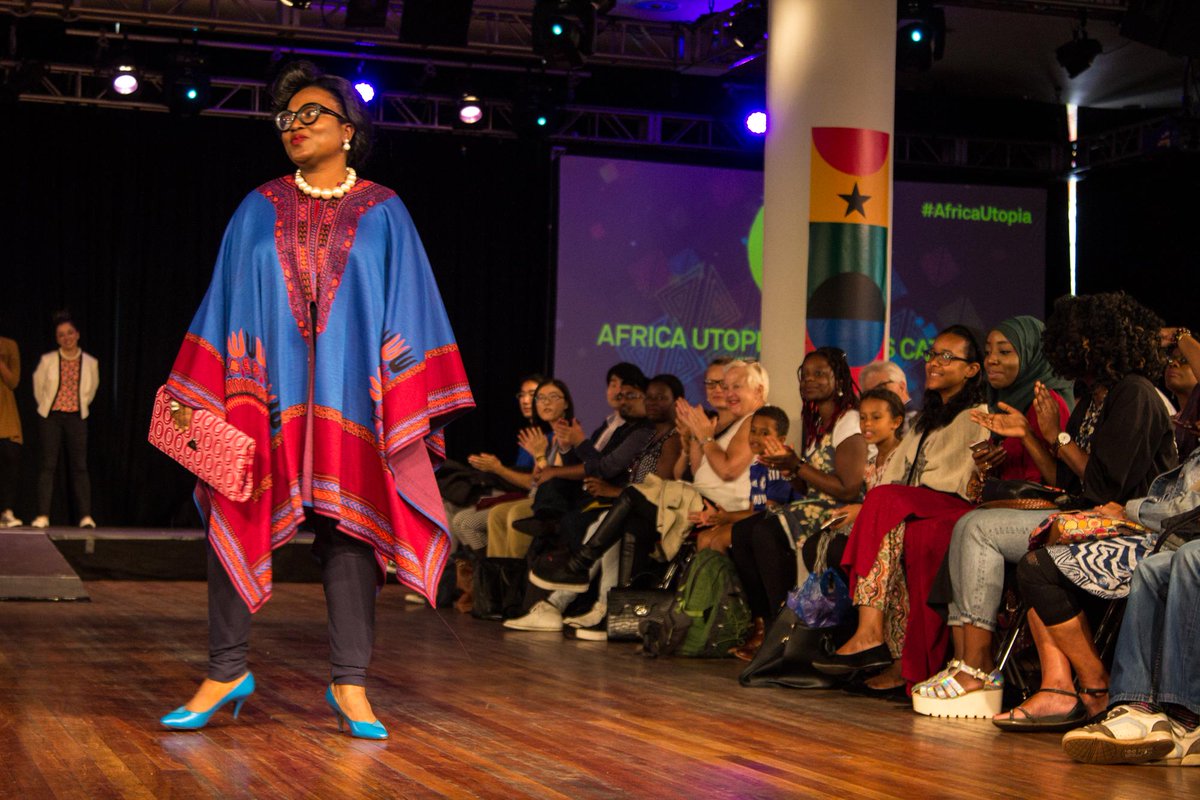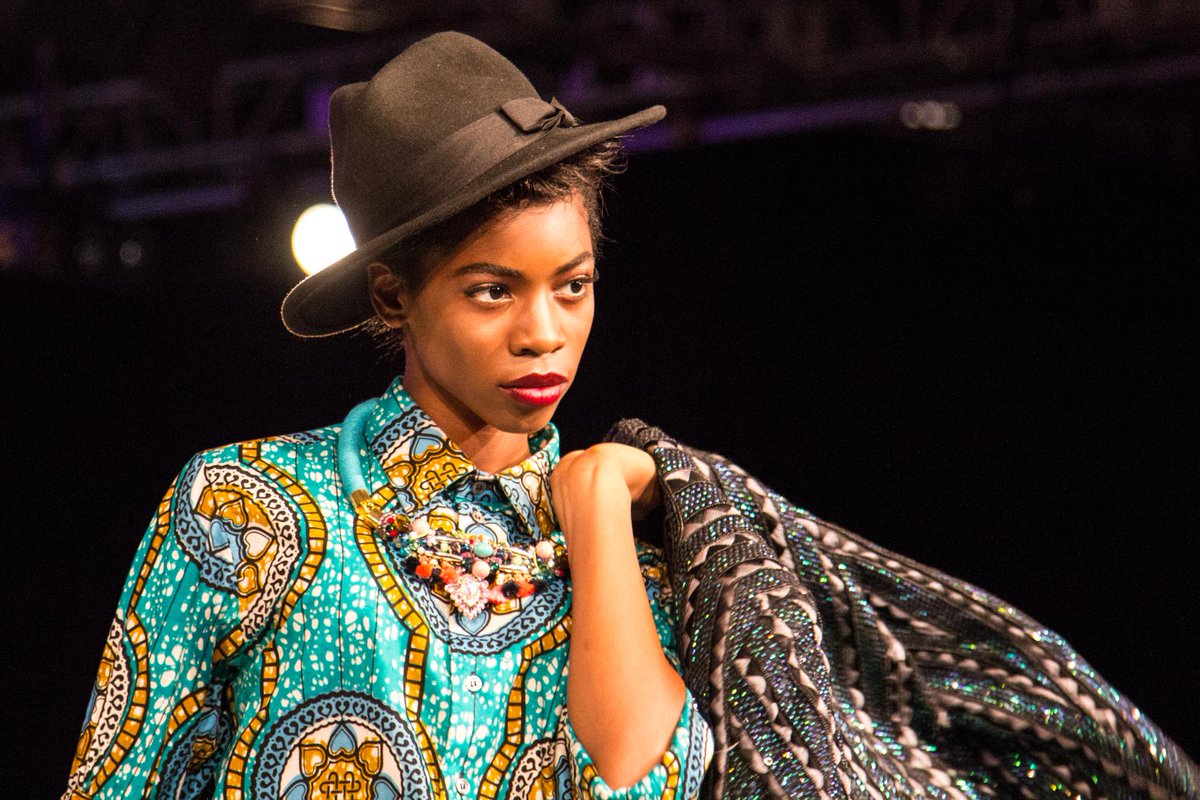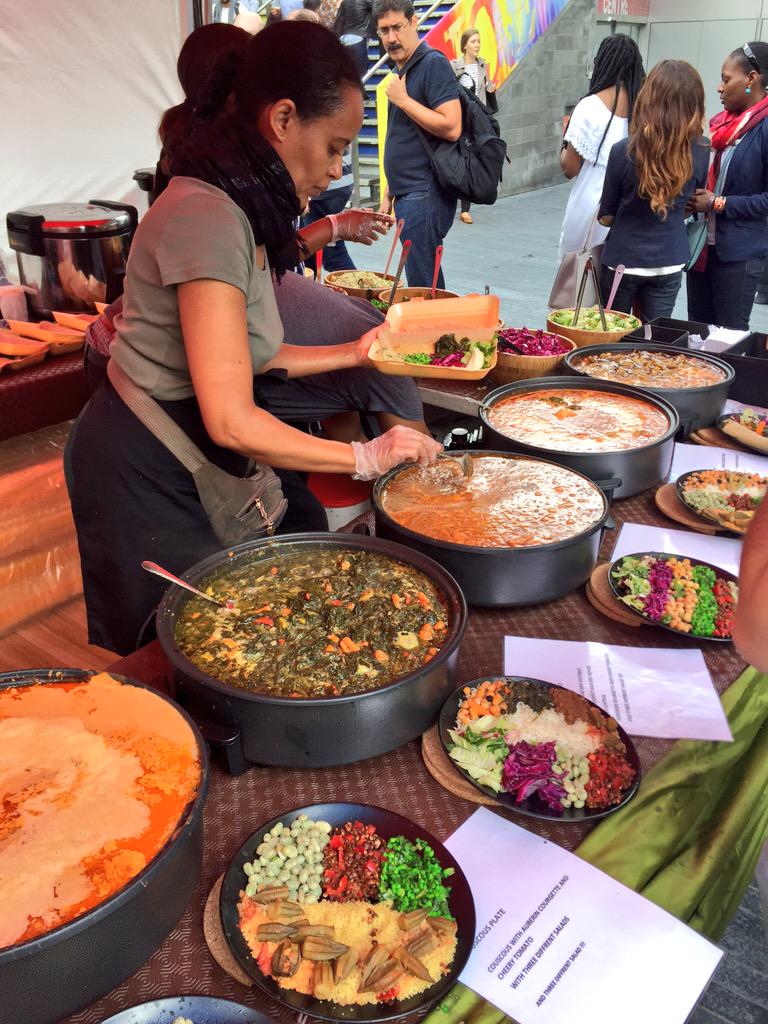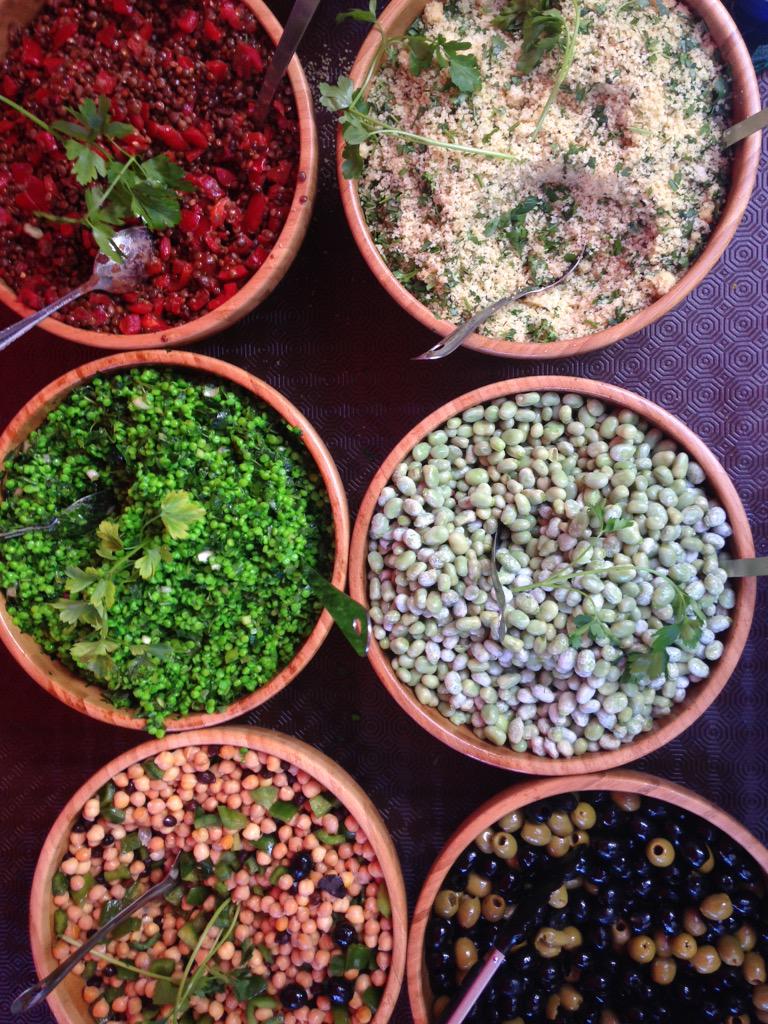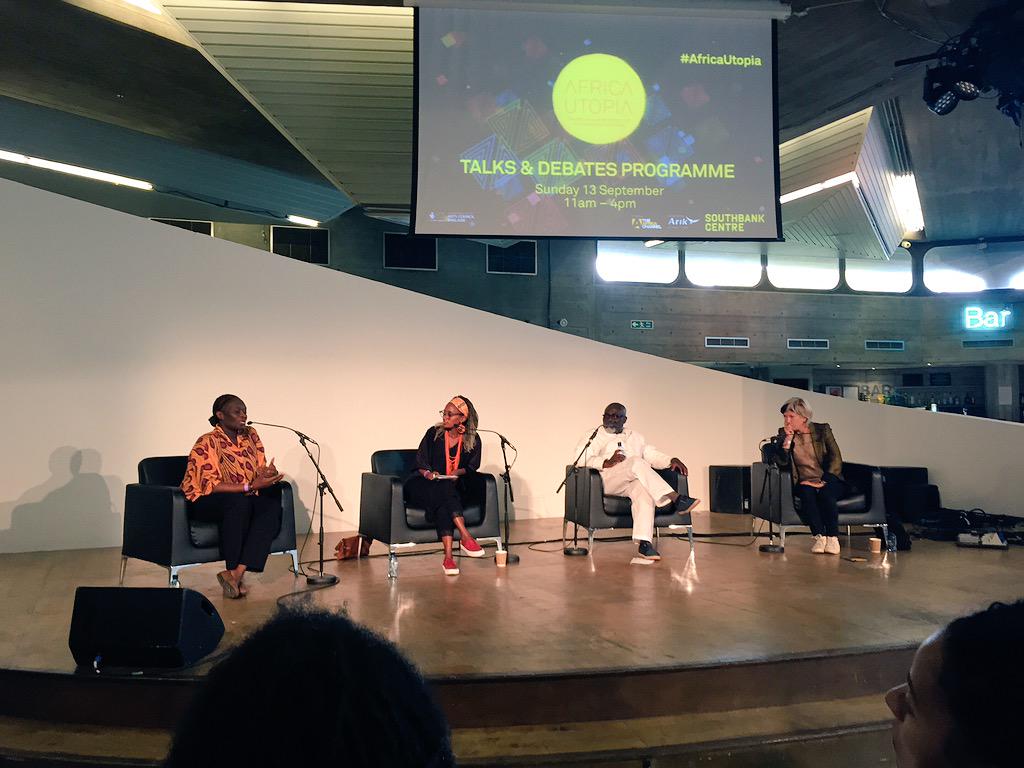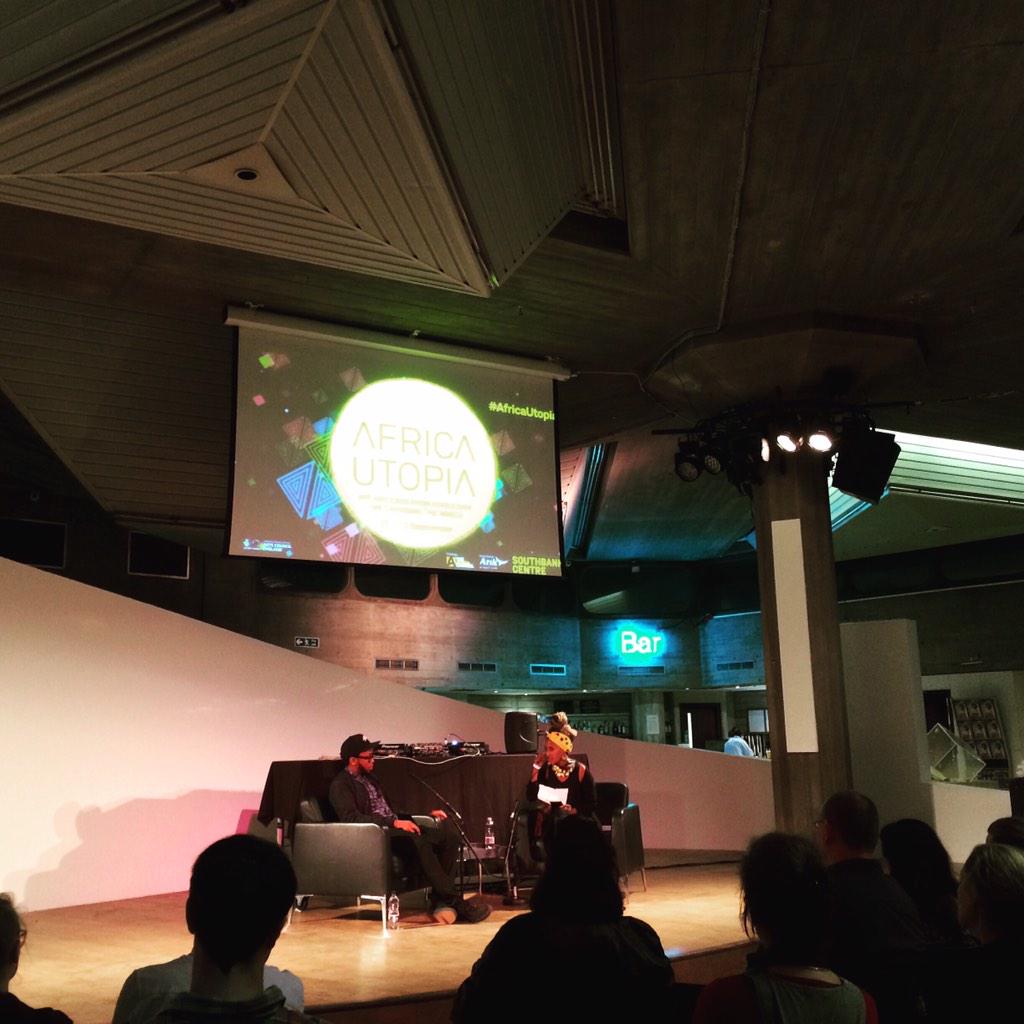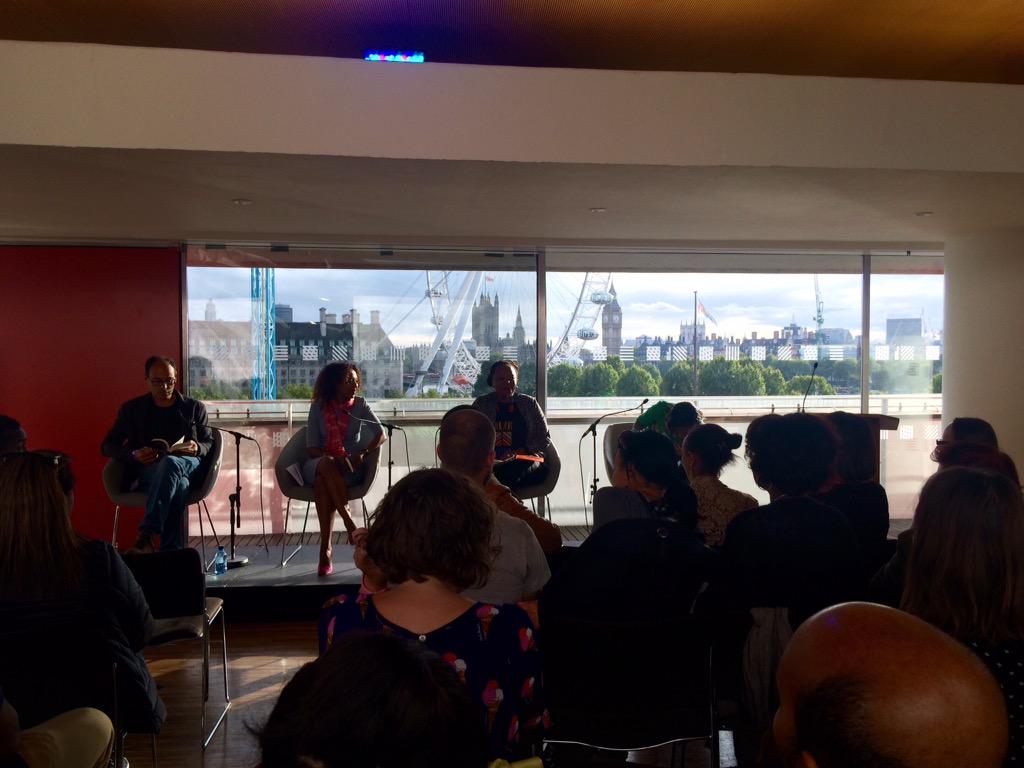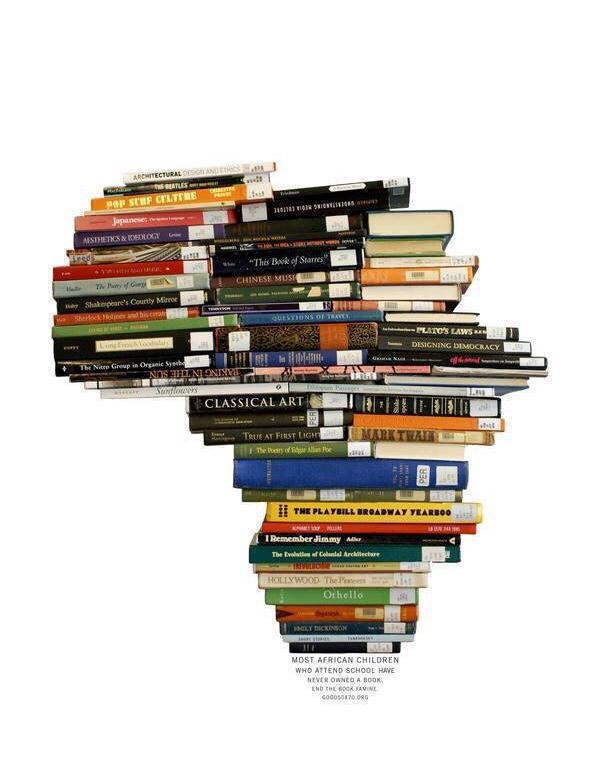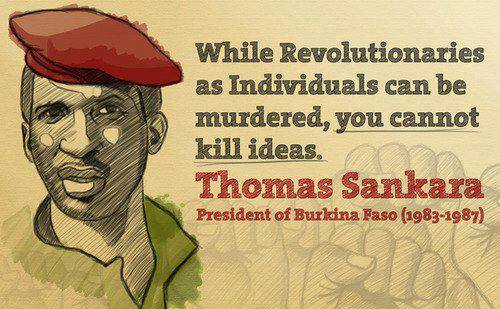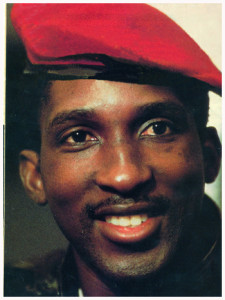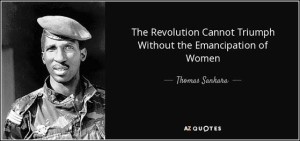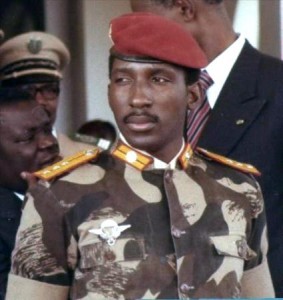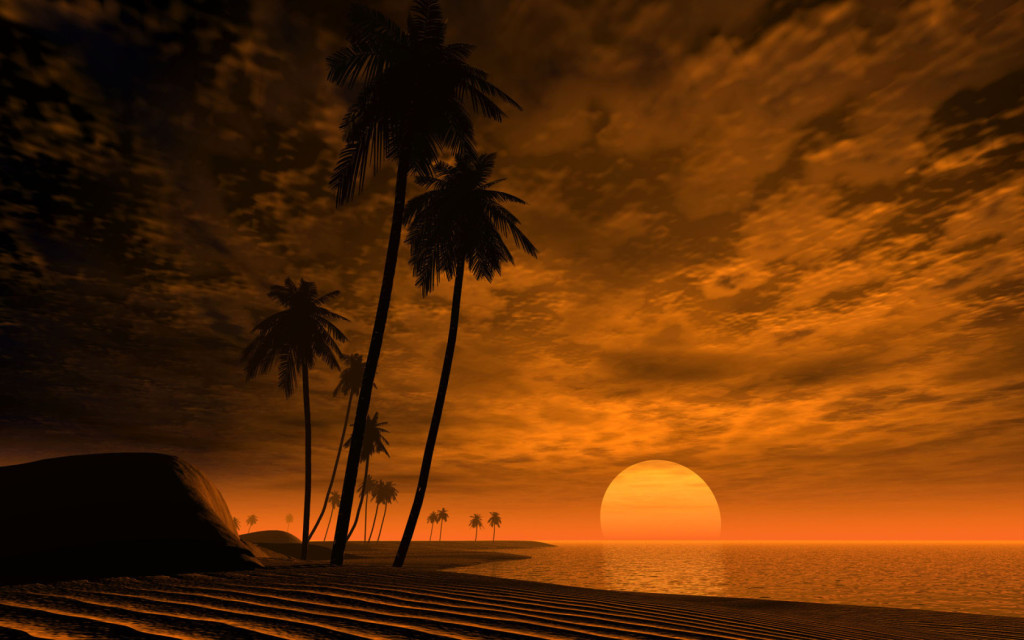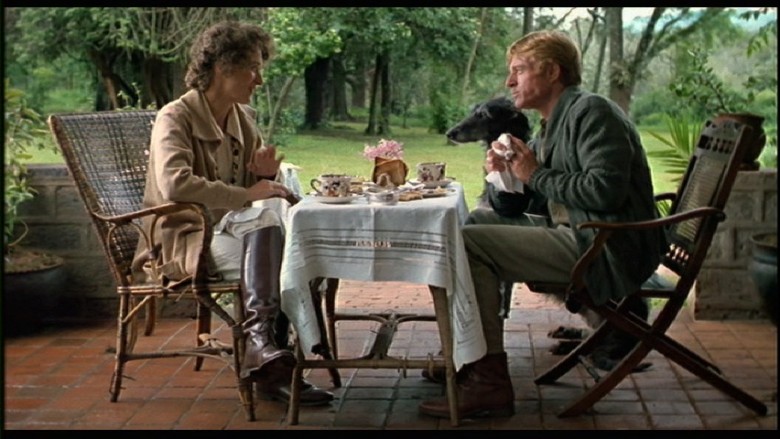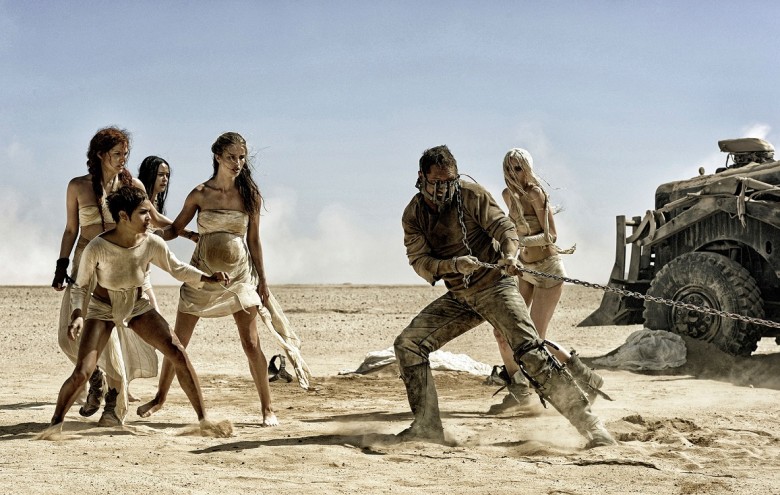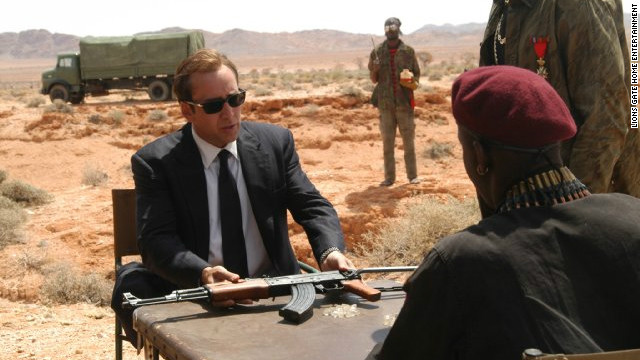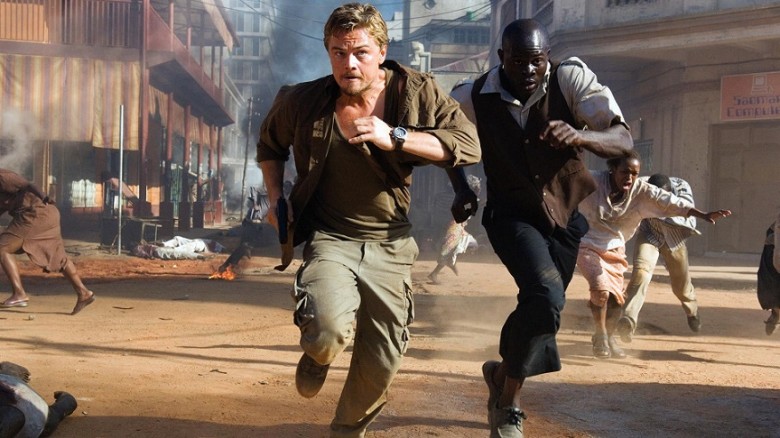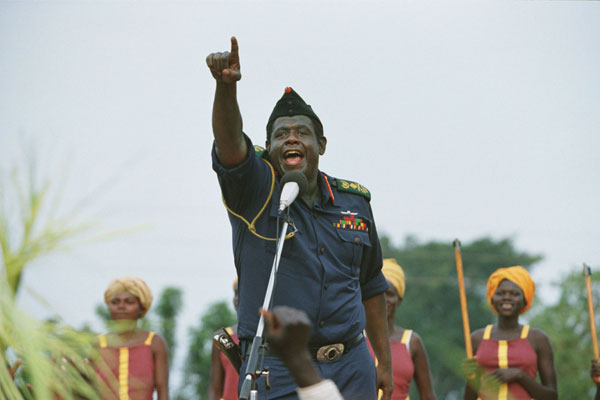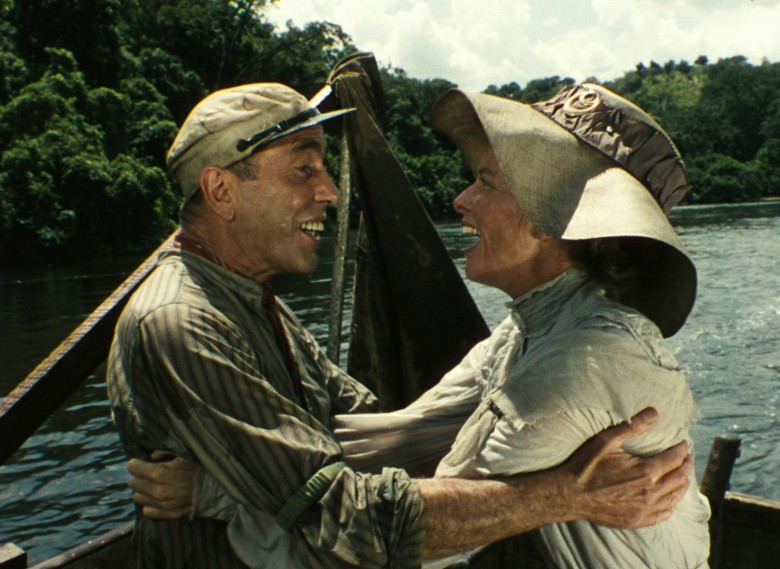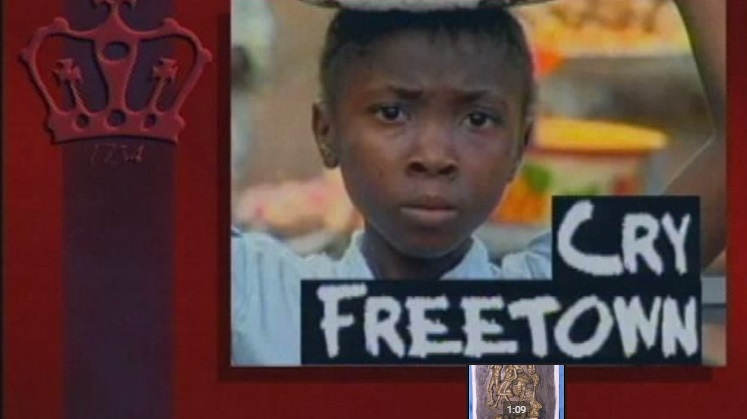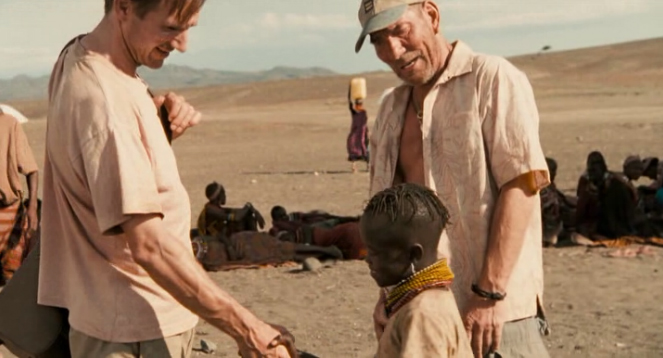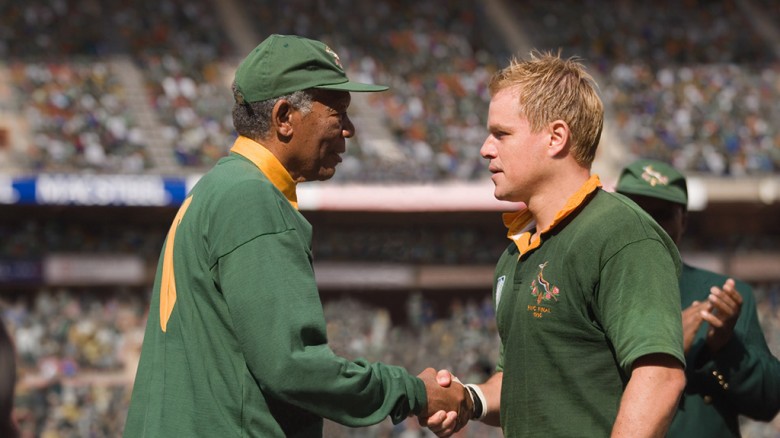Pan-Africanism is not a concept that easily lends itself to definition. It is a journey. For me, what is important is to understand and underscore the point that this journey has brought us to the point where the talk of the unity of African states is no longer sneered at by cynics or seen as a dream but as something that can happen in our life time. Pan-Africanism for me is an idea of collective understanding of what binds us as Africans not Tanzanian, Nigerian, Congolese, Sudanese or Egyptian but as Africans with a common bond, how we intend to conduct our affairs in today’s globalized world and how we should work together to address our common problems. The idea of a common front against exploitation, degradation, abuse, racism, colonial exploitation and various forms of slavery led to the birth of the Pan-African movement as we know it today.
As we struggle to build a Union of African States, it is imperative that we revisit this concept from a political and radical perspective. After all, Pan-Africanism is partly a response to the way Africa and Africans have been treated within the global world since the Berlin Conference of 1884 which divided Africa into tiny enclaves for the benefit of European monarchs and their hangers on. Unlike other contending ideologies Pan-Africanism was ‘developed by outstanding African scholars, political scientists, historians and philosophers living in Africa ’. It was conceived in the womb of Africa. It is a product made in Africa by Africans. The objectives of Pan-Africanism have changed over time but not the essence. For instance while the Pan-Africanist Movement of the early years was concerned with anti-racism, anti-colonialism as spearheaded by Kwame Nkrumah (Ghana), Ahmed Sekou Toure (Guinea) and the founding fathers of the Pan African movement; it is now mainly focused on the actual political unification of Africa. Kwame Nkrumah argued that ‘the independence of Ghana was meaningless unless it was linked up with the total liberation of the African continent.’
For Nkrumah, Ghana’s sovereignty was secondary to the pursuit of the Pan-African dream. So deep was his commitment that all independent states in Africa should work together to create a Union of African States that he was willing to sacrifice Ghana’s pursuit of national sovereignty. On the eve of Ghana’s independence on 6 March 1957 Nkrumah declared that so deep was Ghana’s ‘faith in African unity that we have declared our preparedness to surrender the sovereignty of Ghana in whole or in part in the interest of a Union of African States and Territories as soon as ever such a union becomes practicable. Ghana started this process by creating an anti-imperialist front called the Ghana-Guinea-Mali Union of radical African leaders. In his books Kwame Nkrumah further reminded all Africans that imperialism had so thoroughly distorted and disarticulated African social formations that only continental unity could save the region from further deterioration.
In Africa Must Unite (1963) Nkrumah enunciated a clear agenda for the establishment of an African common market to complement the Union of African States and Nkrumah argued:
‘The unity of Africa and the strength it would gather from continental integration of its economic and industrial development, supported by a united policy of non-alignment, could have a most powerful effect for world peace.’
This position was supported by various West African nationalist leaders like Nnamdi Azikiwe (Nigeria), Modibo Keita (Mali) and Sekou Toure (Guinea). However, this version of Pan-Africanism was not without enemies. Nkrumah’s legacy is still very much a part of the ongoing efforts of the peoples of Africa and the world who seek genuine freedom from colonialism, neo-colonialism and imperialism. We all know the Allegations of American involvement in the putsch arose almost immediately because of the well-known hostility of the U.S. to Nkrumah’s socialist orientation and pan-African activism. Nkrumah himself implicated the U.S. in his overthrow, and warned other African nations about what he saw as an emerging pattern:
“An all-out offensive is being waged against the progressive, independent states,” he wrote in Dark Days in Ghana his 1969 account of the Ghana coup “All that has been needed was a small force of disciplined men to seize the key points of the capital city and to arrest the existing political leadership.” “It has been one of the tasks of the C.I.A. and other similar organizations,” he noted, “to discover these potential quislings and traitors in our midst and to encourage them, by bribery and the promise of political power, to destroy the constitutional government of their countries.”
While charges of U.S. involvement are not new, support for them was lacking until 1978, when anecdotal evidence was provided from an unlikely source, a former CIA case officer, John Stockwell, who reported first-hand testimony in his memoir, In Search of Enemies: A CIA Story. “The inside story came to me,” Stockwell wrote, “from an egotistical friend, who had been chief of the [CIA] station in Accra [Ghana] at the time.” (Stockwell was stationed one country away in the Ivory Coast). The Subsequent investigations by The New York Times and Covert Action Information Bulletin identified the station chief as Howard T. Banes, who operated undercover as a political officer in the U.S. Embassy. This is how the ouster of Nkrumah was handled as Stockwell related. The Accra station was encouraged by headquarters to maintain contact with dissidents of the Ghanaian army for the purpose of gathering intelligence on their activities. It was given a generous budget, and maintained intimate contact with the plotters as a coup was hatched. So close was the station’s involvement that it was able to coordinate the recovery of some classified Soviet military equipment by the United States as the coup took place.
Today, globalization is a truth which we have to live with. But today globalization has not led to the breakdown of national boundaries it re-enforced them, allowing those with the military, economic power and resources to try and re-arrange global affairs to suit their national interest. Neo-liberalism and neo-colonialism are the new instruments which pass off as globalization and to me globalization is nothing but a new form of re-colonization in which western powers justify their continued dominance using economic and humanitarian arguments as further attempts to consolidate their stranglehold of the continent. Under the guise of ‘humanitarian intervention’ the new global powers can invade and blockade any country within their orbit and when this fails and they resort to the use of international institutions and courts where the European Union has united Europe in both a political and economic sense. Where this is not enough it uses global military alliances like the North Atlantic Treaty Organization (NATO) to enforce its rule by other means. On the other hand, Africa which requires this Union to protect its interests globally is still foot dragging while the masses of African people continue to wallow in the ‘quagmire of underdevelopment, poverty, endless border wars, economic domination, the dictatorship of the International Monetary Fund and the World Bank.
This problem is further exacerbated by the type of leadership whose interests is sometimes anti national and We must challenge authoritarian rule, mismanagement, poor leadership and the lack of accountability of our leaders and public institutions. It is the historic duty to Africa for all Africans to do so and it is also the only way to help address the perennial problems of underdevelopment, poverty, deprivation and the poor deplorable state of our infrastructure when a lot of resources go to private sources. But we must also have the courage of our founding fathers, the pioneers of Pan-Africanism and African liberation, to challenge the prevailing orthodoxy that holds the view that corruption and authoritarianism is a typical African problem. This stems from the colonial mind-set, allowing international institutions to target African leaders, haul them off to some foreign jail under the guise of answering for impunity. It is inconceivable that the US or Britain will act similarly.
This means that African activists need to reappraise and carefully reflect on the sort of activities which passes off as advocacy and campaigning while fueling anti African actions nationally and globally. Africa’s shameless dependence on the West, the unproductive disposition of our elite to foreign inspired theories and ideas, the wanton abuse of human rights, the appropriation of state power and its resources and hostility to popular and progressive forces have not helped Africa to propel Africa’s glory. Even today Africa remains a continent for denigration, racist jokes, pity and exploitation. The negative stereotyping of Africa in the western media remains a durable part of the Western intellectual landscape Jokes about African leaders abound in the bars and conference halls of westerners with Africans providing the laughter. Even today some westerners still regard Africa as a wild dark jungle largely preserved to satisfy the lecherous and erotic dreams and fantasies of American and European tourist. Africa remains the huge laboratory preserved to satisfy the academic curiosity of European and American scholars with the instability, wars, and strange tales of administrative and political blunders. The personalities of dictators like Nguema, Idi Amin, Kamuzu Banda, Jean Bedel-Bokassa, and Mobutu Sese Seko provide intriguing patterns and models for research into the African personality and idiosyncrasies. But for Pan-Africanism to remain relevant to African lives the creation of the Union of African States should go beyond state-to-state relations and permeate to the people of Africa who by no means would like to live in peace and harmony with each other.
African Union meetings should cease being a meeting of presidents and their accolades including a few select civil society groups When African mothers, market women, farmers, traditional queens, birth attendants, etc. get to attend an African union meeting to put before our leaders, the sort of deplorable lives they lead, it would be a major step. Why should African children be transported to New York and not Gaborone, Cairo, Nairobi or Harare? Why are we always complaining that Western media is not reporting African stories? As if being reported by them validates our worth, We NEED to start reading news about Africa not Western media outlets but African media outlets, journalists, bloggers! Support our own! I have argued over and over again that Africa needs first fundamental transformation of the national orders. This transformation has to be people-led, democratic, self-reliant, credible, and viable. Once this is achieved, it will be possible to transform the continent through a continent-wide political agenda arising naturally from the national reconstruction projects and people to people initiatives.
Africa needs solidarity we must learn to support each other. Revisiting the Pan Africanism leader’s legacy will provide us with the opportunity to understand the modus operandi of those forces that trot the globe preaching democracy on the world stage but use proxy wars and propaganda to silence and remove leaders who are critical of their unorthodox methods and install puppet regimes sympathetic to their interests.
 Evening view of Kampala city (credits: Joel Nsadha Isababi)
Evening view of Kampala city (credits: Joel Nsadha Isababi)
